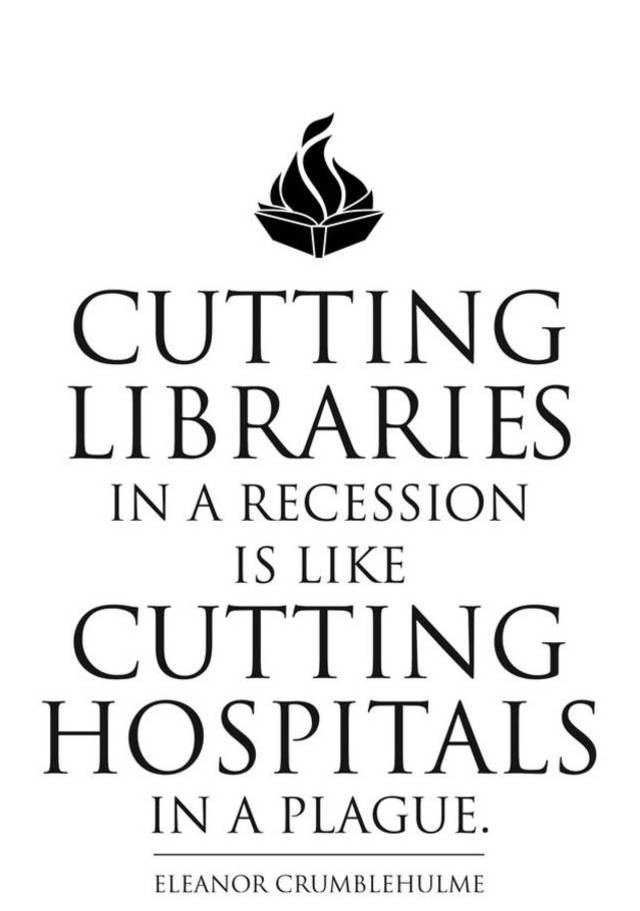An interesting statement was made here in a discussion on the attribution of photographers.
“who told me” becomes more important than “who made it”. Sandra Snan
The whole interesting back-story to this discussion, and the quote was passed on to me by Kristina Alexanderson (Yes, she of Stormtrooper fame) and the words have stuck. Have we come to this? Is it really more important to source things by the person who spreads information than the creator?
Certain libraries, archives and art museums have certainly been in this position (where the collection is more than the individual creators) for some time. But this is a question of collecting and aggregating. Does it really apply to the fast moving flows of information online.
One of the truisms of the digital age is that we have moved from an era of information scarcity to an age of information surplus. What does this mean?
Take the example of Television. It has evolved from a limited number of channels to more channels than most can follow, in addition to view-on-demand services and a whole pile of online viewing options. The content on YouTube alone is mindboggling: 72 hours of video are uploaded to YouTube every minute (http://www.youtube.com/t/press_statistics).
This change in access to culture changes the ways in which we relate to, and consume cultural expressions. We can longer, alone or with the help of others, maintain any form of useful overview over the content. This situation is aggravated by the huge number of alternative sources of material (other video sources), in addition to the large number of other sources (texts, still images).
With two many creators vying for our time and attention the role of the information organizer becomes more interesting.
The increase in information has also created a challenge to many “scientific truths”. Not a day goes by without the media reporting from several scientific studies proving one thing or another. With alarming regularity these scientists are contradicting each other.
Actually in many cases they are not really contradicting each other but much of the nuance and understanding is lost between the laboratories to the media. Ben Goldacre’s excellent book Bad Science is a good place to begin to explore this.
So if we are drowning in information, without the tools or the time to carry out rigorous background checks the question must change. If faced with a choice between Truth and Relevance. The answer used to be truth, but today its relevance. This is particularly true in the shift from blogging to microblogging. In blogging we followed the source, the producer of information. In Twitter we follow the people who point at the most interesting things.
What will this mean for academics, libraries, archives and society in general might be interesting to think more deeply about.

